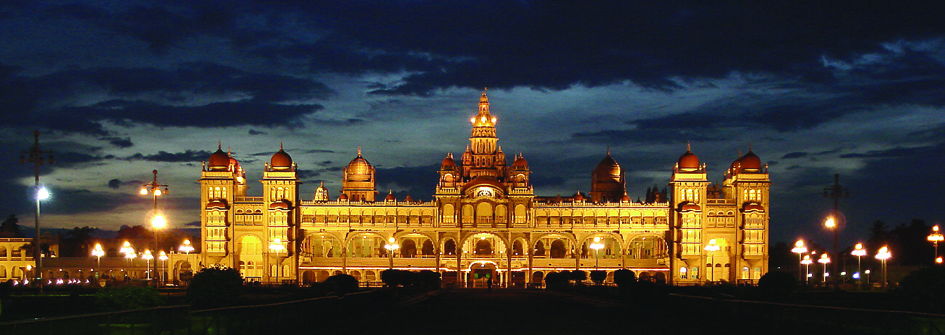
The enduring influence of Mysore
It doesn’t take too much exposure to South Indian cuisine or groceries to see the name Mysore pop up over and over again. On a regular dosa menu you will see Mysore Masala Dosa. In a sweet shop, you will find Mysore Pak. In the soap section, you’ll be able to buy Mysore Sandal Soap.
Mysore was a kingdom, mostly in modern day Karnataka, ruled by the Wodeyar dynasty for more than 300 years. It was ruled in the 1700s by a steward king - Hyder Ali - a brilliant commander who consolidated power and introduced economic reforms. After Ali, his son Tipu Sultan took over, advanced rocketry beyond anything the world had seen before but still lost the kingdom to the British and the Nizam of Hyderabad due to the treachery of his minister.
During all of the craziness of war the people centered around the imperial capital of Mysore set to innovation. Their developments were not just on metallurgy and rocketry, but also horticulture - growing sandal trees unrivalled in quality on the subcontinent.
In cuisine, imperial centers tend to have the advantage of large markets with groceries from far and wide. This meant the royal kitchens and the common people of Mysore kingdom were able to play with ingredients and develop a cuisine and maintain it - supply chains didn’t get disrupted beyond reason.
After the British took over Mysore, the original Wodeyar dynasty was renamed as rightful rulers until independence, when the kingdom was dissolved into India as a whole. The legacy of Mysore lives on though - in rockets, sweets, dosa and soap at the very least. Though, I’m sure there’s a lot more to it than I know.